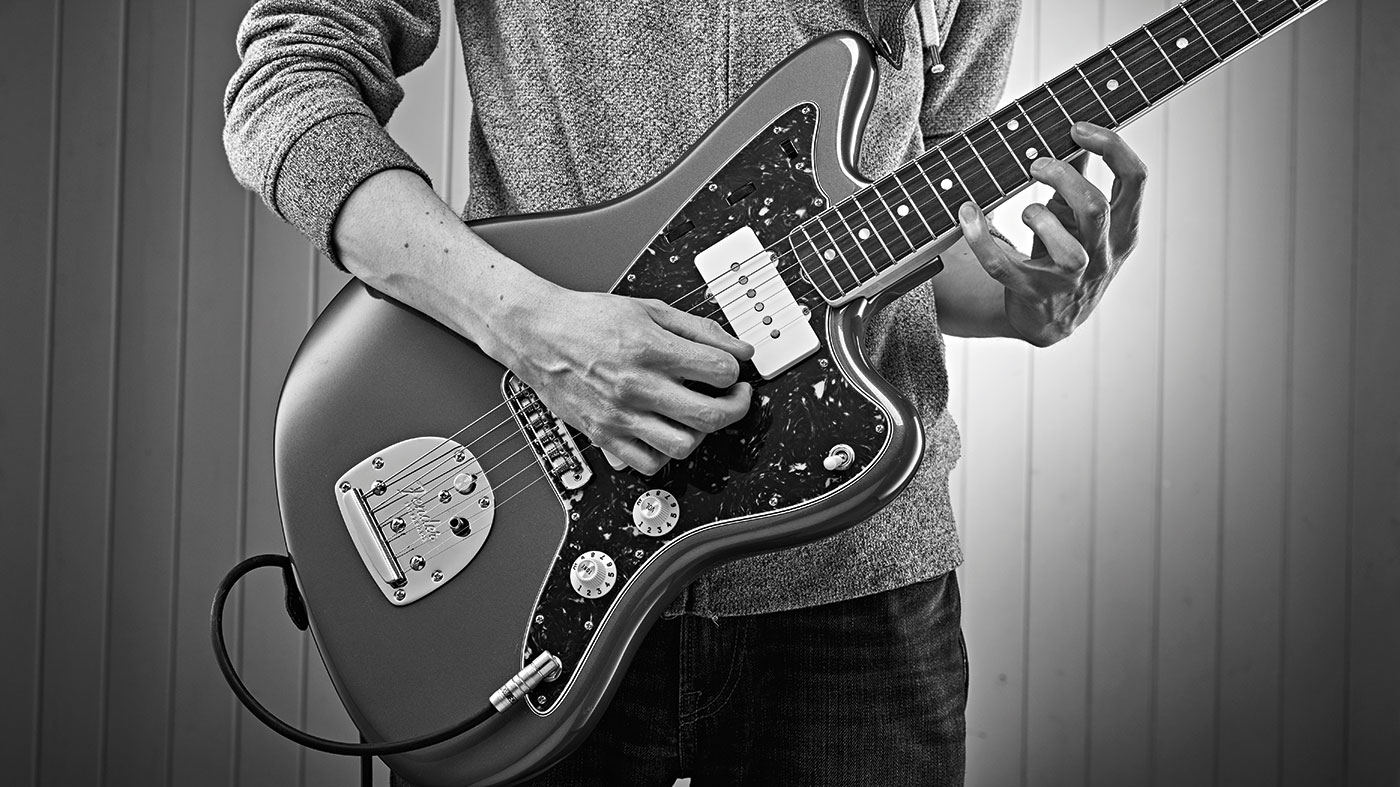Learning guitar can be a slow process, particularly after you’ve been playing for a few years or so. You may feel like you’re stuck in a rut or that you’re never going to get good at this but there’s no need to worry; as it turns out, it’s just a question of time. They say it takes 10,000 hours to get good at something; 10,000 hours = 416 days or 1.14 years. Obviously you can’t play for 416 days straight, 24 hours a day, you need to sleep! So, let’s break it down into a reasonable number of hours per day and see how long it could potentially take you to get good at playing guitar.
Working on the 10,000-hour principle, if you practice 8 hours a day it’ll take you 1250 days or 3.42 years to get good. If you practice for 6 hours a day it’ll take you 1666 days or 4.56 years to get good, and so on:
5 hours a day = 2,000 days or 5.47 years
4 hours a day = 2,500 days or 6.84 years
3 hours a day = 3,333 days or 9.13 years
What’s interesting about these calculations is that by practicing just one more hour a day, say 4 hours instead of 3; you’re going to shave a whole 2 years off the time it takes to get good. I’ll admit that being ‘good at guitar’ is a fairly vague term but I think we can qualify it as being a fairly competent player that can cope with a variety of musical situations that require certain technical and theoretical abilities. There will still be situations where you feel in over your head, but these no longer feel like something you could never achieve.
What do I practice?
I’m probably not the best-qualified person to give advice on what to practice or how to maximize your practice time as I’ve never really had, or will have, a strict practice regime; I don’t even use a metronome! There are extremes of practicing such as Steve Vai’s 30 Hour Workout which will obviously shave a few more years off the above calculations, but as much as I love learning the guitar, I could never keep up with it; although this is probably the difference between being good and being that good. I think that the sheer amount of time you spend playing guitar and loving it, whatever you’re playing, will inevitably get you to the saturation point of being good.
One thing I would highly recommend is something I learned from watching John Petrucci’s Rock Discipline DVD. He organizes his practice material and the stuff he’s working on into different folders. One for scales, one for chords, one for arpeggios and so on. This idea alone completely revolutionized how I used my practice time and drastically improved my playing. If you want to work on scales, you go to your scales folder and work on the material there. If you don’t fancy working on scales, you’ve got plenty of other folders to choose from. The point is that your information is organized and ready to go rather than sitting down to practice and having to look for stuff or having no idea what to learn next, and just ending up noodling or playing through stuff you already know.
Do shortcuts really exist?
I think they do, but you won’t find them on the, ‘Learn Guitar in X Number of Days’, bandwagon, or by investing your hard-earned cash in other such sensationally named products. The guitar requires that you invest time rather than money, and the time you invest will be suitably rewarded. In other words, you’ll get out of it what you put into it. The short-cuts I refer to are those moments of inspiration when ideas suddenly click such as John Petrucci’s folder idea which I’m sure saved me a few years of wasted practice time. Coming up with the 2 Position Scale System also saved me from those awful CAGED and 3NPS patterns and lead me to understand scales in a musical way, rather than as a technical exercise. A teacher can also save you time by pointing out the right way to execute certain techniques or helping you to grasp a difficult concept and translate it onto the guitar.
The take-away from this that you will eventually get good, if only from the sheer amount of time spent playing the guitar; and if you’re so inclined there are plenty of ways to speed up the process.



